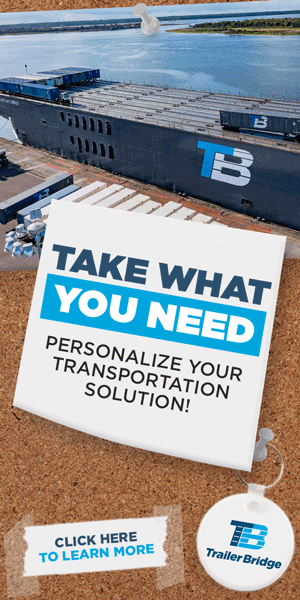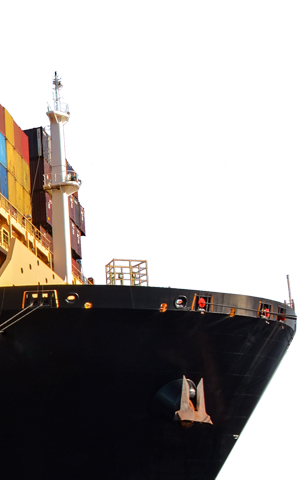Strength of Jacksonville’s transportation network supports U.S. auto trade
- Home
- >
- Cargo Blog
- >
- Strength of Jacksonville’s transportation network supports U.S. auto trade
It’s a new era for passenger vehicle supply chains, and JAXPORT’s auto processors, carriers, and port community are on board with new capacity, services, and collaborations.
Production is stabilizing following pandemic-driven supply and demand swings. JAXPORT remains one of the nation’s top vehicle ports. In 2022, it handled 553,000 vehicles, carried by 16 ocean shipping companies and prepared for delivery by some of the nation’s top vehicle processors.
Far-reaching Inland Partners
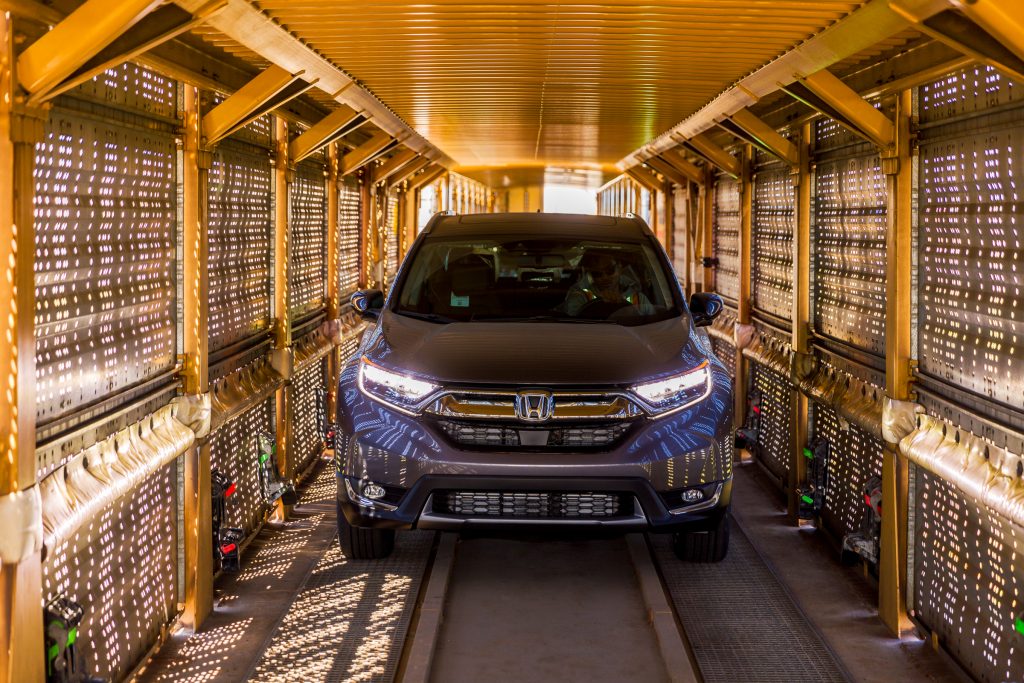
Three railroads and exceptional highway connections deliver autos to and from Jacksonville.
North American railroad company CSX handles five million vehicles annually. Maryclare Kenney, CSX Vice President of Intermodal and Auto, said JAXPORT is one of the largest auto gateways on CSX’s freight rail network: “Its cluster of auto processors and range of auto carriers, as well as its proximity to Southeast U.S. auto manufacturers and distributors, and port fluidity, make it an important partner in supporting the nation’s auto trade.”
Trucking and logistics companies are also essential for auto supply chains. Brad Childs, Chief Commercial Officer for Jacksonville-based Proficient Auto Transport, has contracts of carriage in place with car manufacturers including Porsche, Mitsubishi and Audi. He knows the industry’s needs – solid supply chain capacity, enough drivers, innovative services, good communication, and an eye to the future.
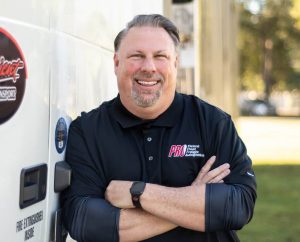 “We are addressing all these,” Childs said. “We’ve come back from COVID and chip shortages and are seeing the rebound, but the industry has changed.” He said, for example, EVs are a challenge. “Electric vehicles weigh more – a good size load for what used to be a 9-vehicle truck might now be anywhere from four to six EVs.”
Driver and asset management are also a top priority. For Proficient Auto Transport, that means strategic workforce development and having a yard supervisor at port terminals to expedite loading, unloading and truck turnaround. It also means supplementing its extensive fleet with owner-operators, and working closely with its sister brokerage division, Proautogistics, and competitive firms for additional capacity.
“We are addressing all these,” Childs said. “We’ve come back from COVID and chip shortages and are seeing the rebound, but the industry has changed.” He said, for example, EVs are a challenge. “Electric vehicles weigh more – a good size load for what used to be a 9-vehicle truck might now be anywhere from four to six EVs.”
Driver and asset management are also a top priority. For Proficient Auto Transport, that means strategic workforce development and having a yard supervisor at port terminals to expedite loading, unloading and truck turnaround. It also means supplementing its extensive fleet with owner-operators, and working closely with its sister brokerage division, Proautogistics, and competitive firms for additional capacity. Committed Carriers
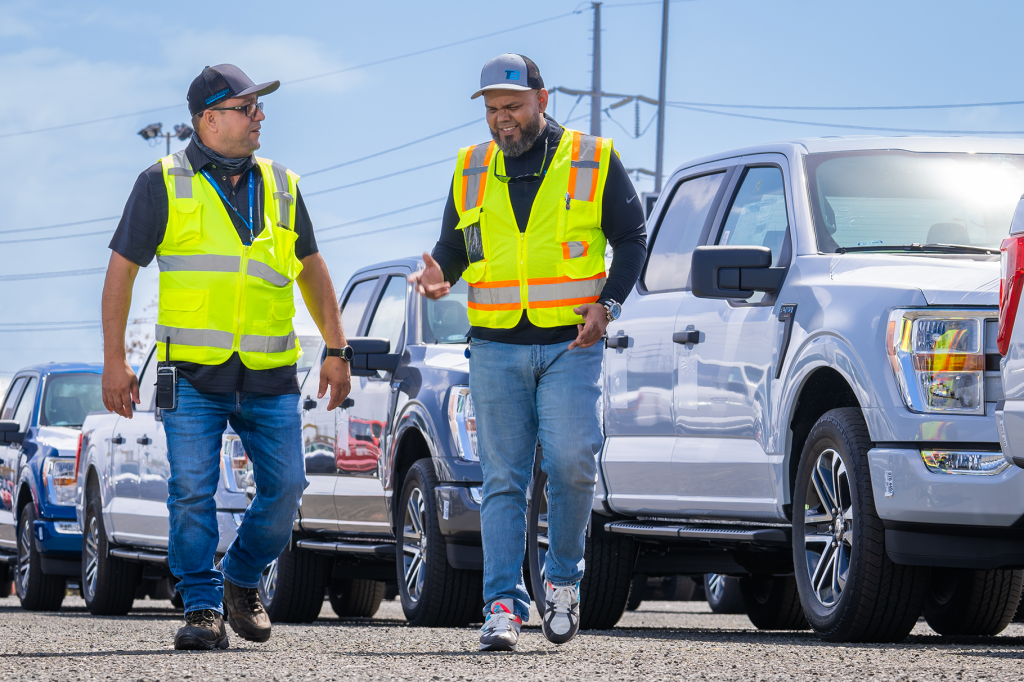
 After years of pandemic-related auto volume swings, auto shipments to Puerto Rico, the British Virgin Islands, and the Dominican Republic have settled down. “The inconsistency of the last few years has gone. Cars aren’t sitting. Customers don’t have to wait months anymore,” said Jeff Vaughn, Chief Commercial Officer at Trailer Bridge, a premier transportation provider to the Puerto Rican market and beyond.
Trends on Trailer Bridge’s largely southbound auto business include new growth in passenger trucks and larger vehicles, and continued growth in EVs. “Our biggest development is that the business is back,” Vaughn said. “We are up 41% year-over-year to date.”
After years of pandemic-related auto volume swings, auto shipments to Puerto Rico, the British Virgin Islands, and the Dominican Republic have settled down. “The inconsistency of the last few years has gone. Cars aren’t sitting. Customers don’t have to wait months anymore,” said Jeff Vaughn, Chief Commercial Officer at Trailer Bridge, a premier transportation provider to the Puerto Rican market and beyond.
Trends on Trailer Bridge’s largely southbound auto business include new growth in passenger trucks and larger vehicles, and continued growth in EVs. “Our biggest development is that the business is back,” Vaughn said. “We are up 41% year-over-year to date.” Jones Act carrier Trailer Bridge provides a range of domestic and international services including drayage and intermodal, both of which are good for new cars and auto parts movements. “We have our own asset fleet. It gives us the ability to control capacity when traffic does spike,” Vaughn said.
Vaughn said the auto industry likes the unique RoRo service that Trailer Bridge offers, the reliability of its weekly service, and the extremely low in-transit damage rates on its barges.
Options for car manufacturers
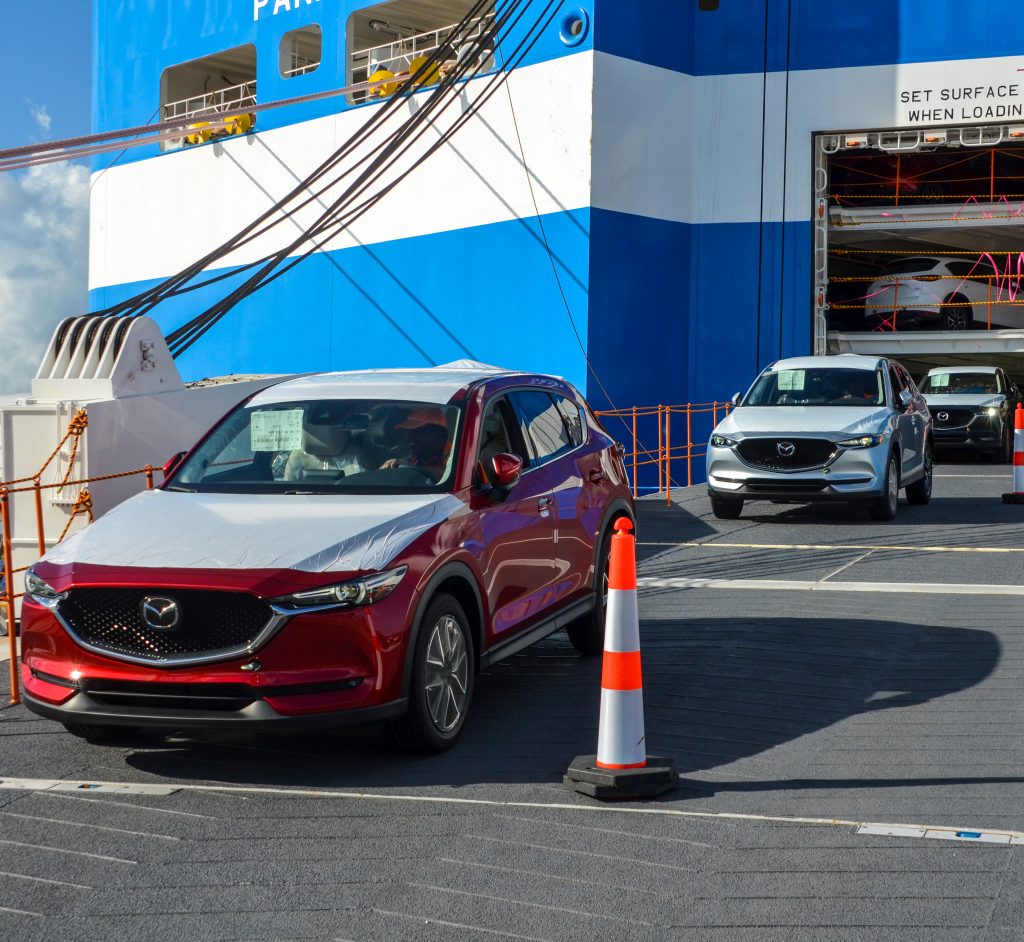
Rhonda Overton, Port Manager in Jacksonville for Mazda North American Operations, said Jacksonville is a valuable gateway for Mazda’s east coast operations “allowing us to provide a much quicker traffic flow to our Southern States Dealer Markets”.
The port’s Blount Island Marine Terminal handles Mazda’s import vehicles from Japan and Mexico and a steady traffic flow to Puerto Rico and Columbia. “Jacksonville offers the manufacturers a wide variety of options … to meet production flow needs including … numerous truck carriers, experienced auto processors and the option to operate within the FTZ [foreign trade zone],” said Overton. JAXPORT’s Foreign Trade Zone (FTZ) No. 64 is a federally designated area providing cost-saving options for importers.
Extra capacity
JAXPORT is committed to the auto industry. It is adding an auto berth at Blount Island, expanding another, and partnering with processors to upsize yards and enhance efficiency. Vehicle trades are evolving, but the port and its partners are prepared.
Story by Lori Musser
Edited by Kimberly Norman
Design by Amy Klinkenberg
Advertisement
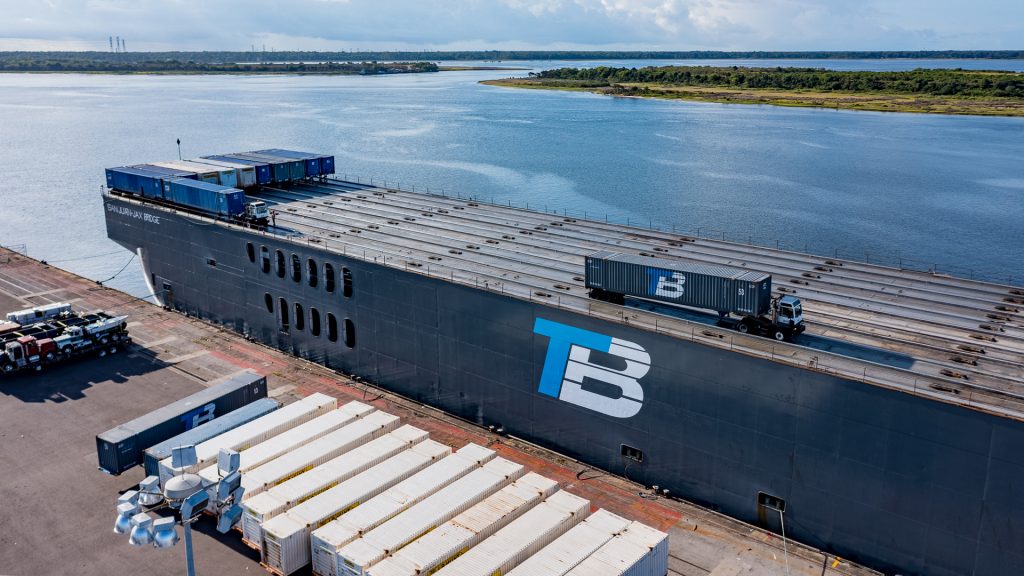
About the Advertiser
At Trailer Bridge, we are small enough to know your name but big enough to provide an end-to-end supply chain solution. Whether you are looking for a partner to handle all your freight transportation needs or just one leg of its journey, we can flex to support you.

